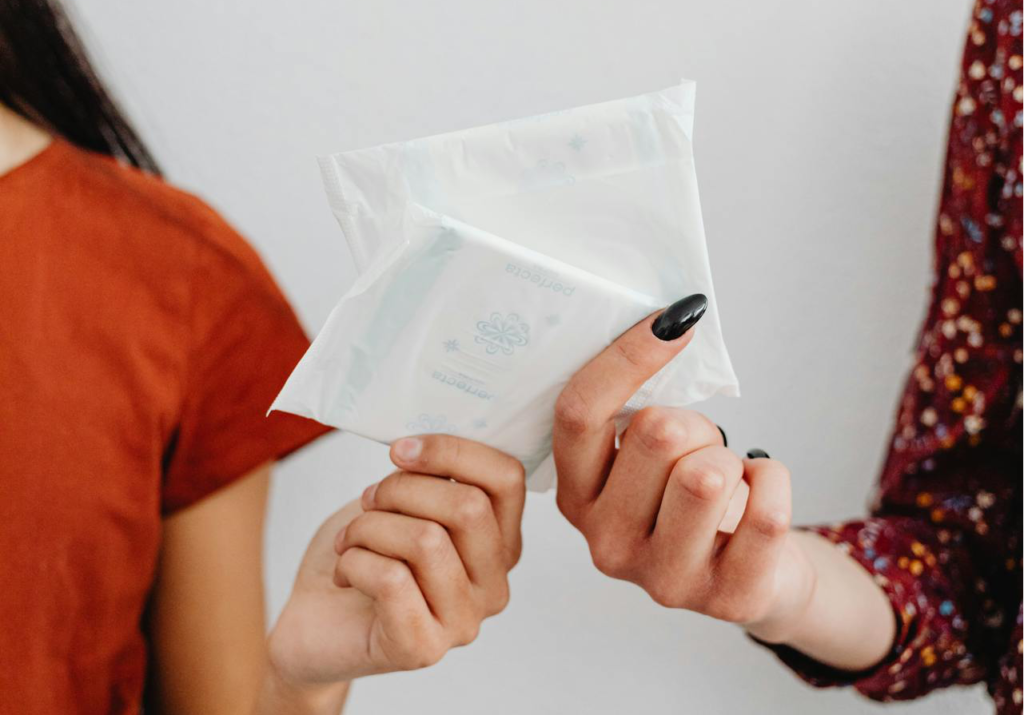Although 500 million women and girls worldwide don’t have access to sanitary napkins, menstrual hygiene products, and safe facilities, the world’s population will spend at least half of their lives mensurating. Their mental, physical, and emotional well-being will suffer as a result of this “period of poverty.”
This is why increasing access to sanitary napkins is an important public health issue that impacts the health, education, and dignity of women and girls globally. In developing countries where menstruation is often stigmatized, it falls upon the government to ensure women have access to menstrual hygiene products.
The following strategies can help to improve access to sanitary napkins:
Government Policies and Subsidies
Governments can make a significant contribution by implementing menstrual health policies and implementing menstrual hygiene awareness campaigns. Menstrual Hygiene Management, or MHM, is one way to do this. It can be included in national health, education, and gender policies.
Moreover, sanitary napkins can be made more reasonably priced by waiving sales taxes and subsidizing their cost. For instance, in an effort to lower prices for consumers, India eliminated the Goods and Services Tax (GST) on sanitary napkins.
Public-Private Partnerships
NGOs possess the knowledge and physical presence necessary to distribute sanitary napkins efficiently. Governments, non-profit organizations, and commercial businesses can pool resources and networks to distribute information more widely.
Encouraging businesses to incorporate safe hygiene practices surrounding sanitary napkins in CSR programs can lead to significant investment in the production and distribution of menstrual products. Businesses can also contribute to the development of infrastructure and educational initiatives.
Menstrual Health Awareness Campaigns
One of the foundational steps in increasing access to sanitary napkins is raising awareness of sanitary napkins.
Campaigns on menstrual hygiene can reach a broad audience by using media platforms such as television, radio, and social media. These campaigns can help normalize conversations about menstruation and educate the public on the importance of menstrual health.
Engaging influencers and celebrities to endorse menstrual hygiene products and campaigns can also help to break taboos. This move will encourage more people to support such initiatives.
Community-Based Solutions
Establishing local production units for sanitary napkins can significantly reduce costs and improve accessibility. This approach not only addresses the issue of availability but also creates employment opportunities within the community.
We can provide training for local women in the production of sanitary napkins. This empowers women economically and ensures a sustainable supply of affordable sanitary products.
Collaborating with Non-Governmental Organizations (NGOs)
Supporting NGOs that focus on menstrual hygiene is one of the most important strategies, as they are the ones working hard to provide menstrual products through the public’s donations. These organizations can provide sanitary napkins to women and girls, especially in rural and remote areas.
NGOs can work with schools and community groups to ensure the effective distribution of sanitary napkins and provide education on menstrual health and hygiene.
By implementing these strategies, we can work towards ensuring that every woman and girl has access to the sanitary products they need for a healthy and dignified life.
Partner with Utpat Foundation to support menstrual hygiene initiatives. Together, we can create meaningful change that aligns with your company’s commitment to social impact and women’s health.

